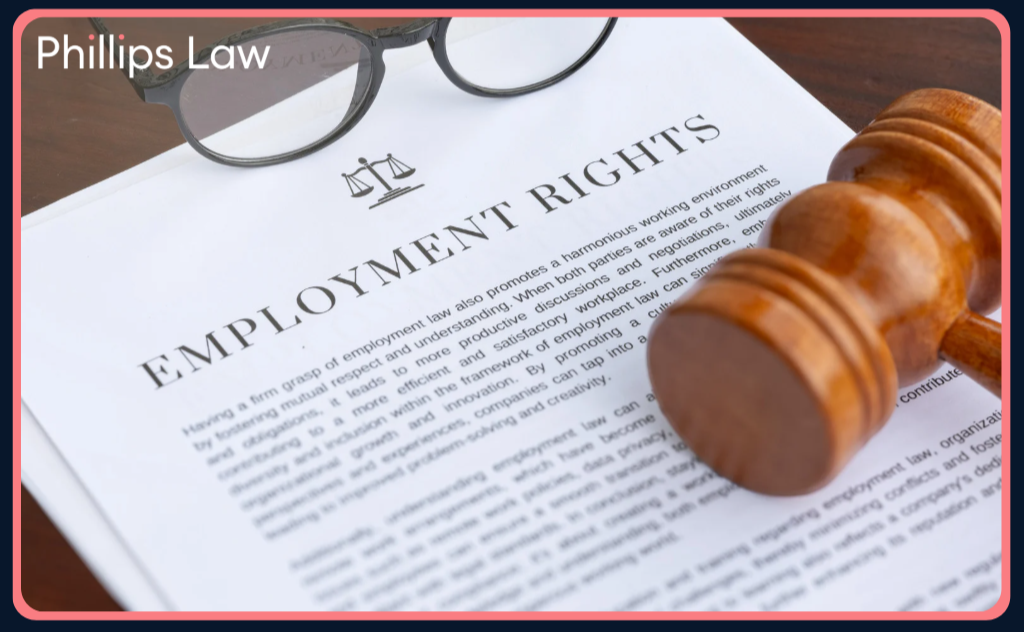
7 November 2025
Leaving a gift to charity in your Will is a meaningful way to support the causes that matter most to you. Many charitable organisations rely heavily on legacy donations to continue their valuable work. In fact, approximately £4.5 billion was donated to charities last year through gifts in Wills, and around 16% of estates that go through probate contain a charitable legacy.
The Benefits of Leaving a Charitable Gift
Including a charitable gift in your Will not only helps to secure the future of an organisation you care about, but it can also offer significant tax advantages.
- Exemption from Inheritance Tax (IHT): Gifts to registered charities are free from IHT.
- Reduced Tax Rate: If you leave 10% or more of your estate to charity, the IHT rate on the remainder of your estate can be reduced from 40% to 36%.
Key Considerations When Leaving a Charitable Gift
- Verify the Charity’s Details
Always confirm the charity’s registered name, address, and Charity Commission number to ensure your gift reaches the intended organisation. This is especially important where charities have similar names or operate through local branches. - Express Wishes, Not Conditions
If you wish for your gift to be used for a specific purpose, express this as a wish rather than a condition. This ensures your gift remains effective even if circumstances change—for example, if a specific project or individual is no longer active. - Seek Guidance from the Charity
Many charities have dedicated legacy teams who can provide clear advice on how best to include them in your Will. - Include a Saving Provision
A saving provision protects your gift in the event the charity changes its name or merges with another organisation. This allows your executors to fulfil your wishes regardless of structural changes.
Ways to Leave a Charitable Gift
There are several ways to leave a legacy to charity in your Will:
- A Fixed Sum: A specific amount of money.
- A Percentage of Your Estate: A share of what remains after debts and expenses.
- Non-Cash Assets: Such as shares, investments, or property.
- The Residue of Your Estate: Whatever remains after all specific legacies have been distributed.
Most charities are notified of legacies through professional services that also keep them informed of any changes to their registered details.
The Role of Executors and Charities
Executors are responsible for ensuring that charitable gifts are distributed correctly. As charitable constitutions can be complex, it is advisable to include a clause relieving executors of the duty to verify the charity’s structure, allowing them to rely on a receipt from an authorised charity representative instead.
Charities can also act as executors. Where a named executor is unable to serve, a charitable organisation—particularly one with Trust Corporation status—can step in to administer the estate. This allows the charity to obtain probate in its own name and instruct solicitors to act on its behalf, ensuring your estate is handled efficiently and in accordance with your wishes.
Here to Help
If you have not yet made a Will—or if your existing Will requires updating—our specialist Wills, Trusts and Probate Team is here to assist you. With professional guidance, you can protect your loved ones, safeguard your assets, and create a lasting legacy that benefits the causes you care about.
Contact our Wills & Probate Team today:
📞 01256 460830
📧 [email protected]

Written By Thomas Whittock, Trainee Solicitor.
Contact Us
Please call us or email and we’ll get back to you as soon as possible.

We are delighted to announce that Phillips Law is the regional sponsor of the Knight Frank Schools Triathlon, supporting both the Charterhouse and Marlborough events. The Schools Triath ...
More
What farming families and business owners need to know If you own a farm, land, or a family business, you will have undoubtedly heard that inheritance tax (IHT) rules are changing. Whil ...
More
We are about to see a great wave of Employment Law changes following the Employment Rights Act 2025 becoming law in December. We will use these updates to keep you abreast of the change ...
More
As we look back on a busy and notable January at Phillips Law, we wanted to share a round-up of recent milestones, insights, and community moments from across the firm. Phillips Law cel ...
More
A guide to share incentivisation for employers and an update on the new employment rights. We have created a morning of practical insight that focuses on how you can reward and retain y ...
More
We are proud to announce Victoria’s Promise as Phillips Law’s Charity of the Year for 2026. Victoria’s Promise is a local charity providing dedicated support to young women aged 25 to 5 ...
More